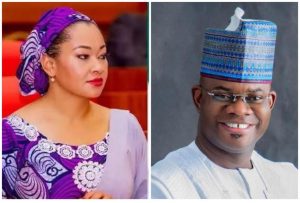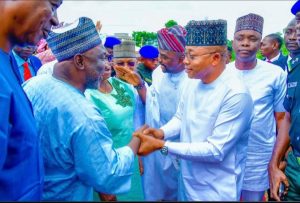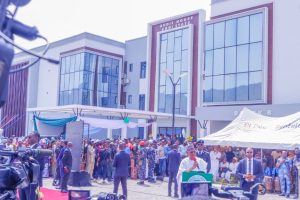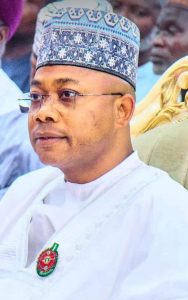Revolutionizing Nigeria’s Educational Curriculum for a Brighter Future
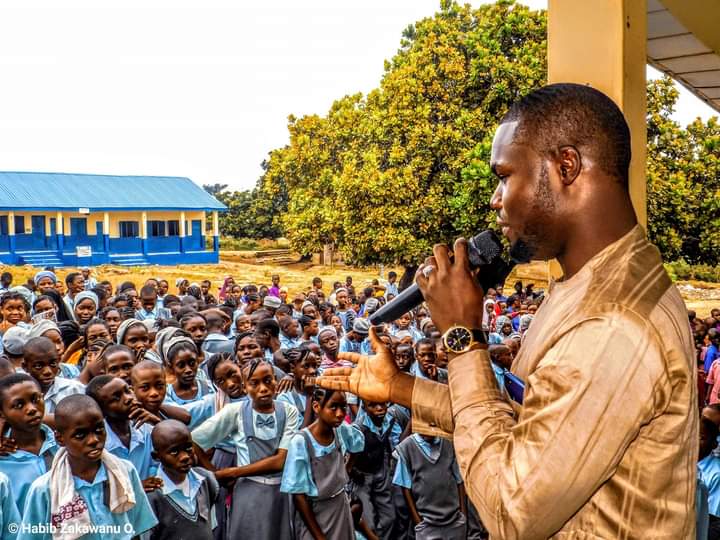
By Hamza Yakubu
In today’s fast-paced and dynamic world, the Nigerian educational curriculum stands in dire need of a comprehensive makeover to bridge the gap between what students are learning and the realities of the 21st century. The current curriculum, a relic of the past, fails to equip students with the skills and knowledge needed to thrive in an increasingly interconnected and competitive global environment.
In a time when the winds of change are blowing stronger than ever, Nigeria finds itself shackled by an educational system that is stuck in a bygone era. The rote memorization and regurgitation of facts that were once sufficient for success now ring hollow in the face of a rapidly evolving global landscape. The world demands more – critical thinking, problem-solving, digital literacy, and collaboration skills that are sorely lacking in the classrooms of the nation.
At the heart of the curriculum overhaul should be a focus on practical, hands-on learning that emphasizes real-world application of knowledge. Students should be encouraged to think creatively, experiment, and explore new ideas, rather than simply memorizing information for exams. It is time for a revolution in education, a bold and audacious move to tear down the walls of the old and usher in the new. The curriculum must be revamped from top to bottom, reimagined to reflect the needs and challenges of the 21st century. Practical, hands-on learning must take centre stage, giving students the opportunity to apply their knowledge in real-world scenarios and unleash their creativity and innovation.
Moreover, the curriculum should reflect the diverse and multicultural nature of Nigerian society, fostering an appreciation for different perspectives and promoting empathy and understanding among students. History lessons should be revised to include a more accurate and inclusive narrative that celebrates the country’s rich cultural heritage and diverse contributions to the world.
Technology, that great equalizer of our time, must be integrated into every aspect of the curriculum. The curriculum should prioritize the development of essential life skills, such as financial literacy, digital literacy, communication skills, emotional intelligence, and entrepreneurship. These skills are essential for success in today’s fast-paced economy and should be integrated into all levels of education.
By updating the educational curriculum to meet the demands of today’s world, Nigeria can ensure that its students are well-equipped to succeed in a rapidly changing global landscape. It is time for a bold and visionary approach to education that prioritizes innovation, creativity, and adaptability – the keys to unlocking a brighter future for all Nigerian students. The time for change is now. The time to shake of the shackles of the past and embrace a future filled with promise and potential. It’s time to rise and shine.


